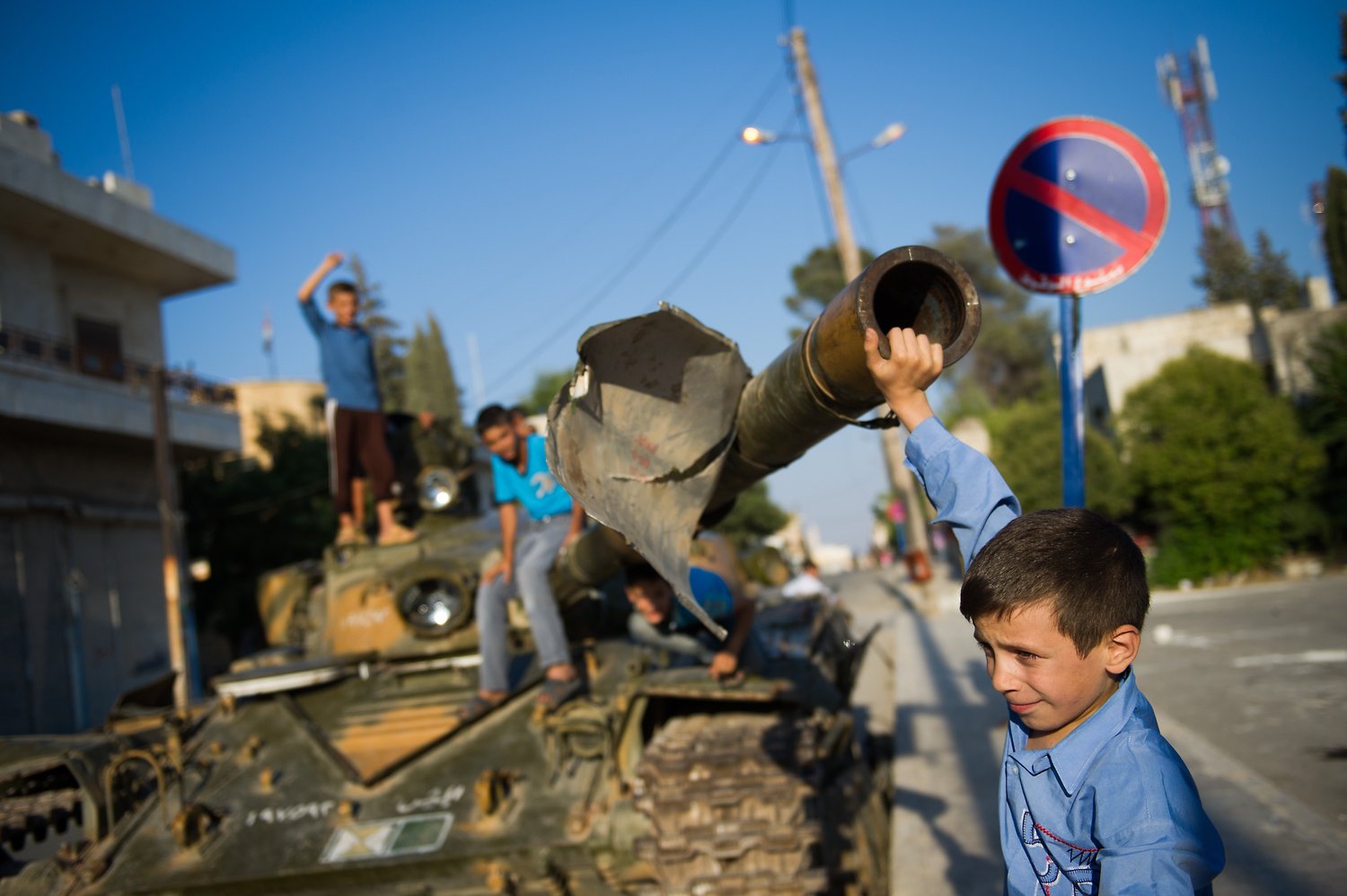
(Photo by Ahmed Al-Malky)
A storm of local and international reactions followed the assassination of Prosecutor General Hisham Barakat on Monday.
Some of these reactions pointed fingers at adopted security policies which led to the current situation.
Barakat died Monday afternoon in Nozha hospital due to injuries sustained in an attack that targeted his motorcade earlier in the day in the Heliopolis district of Cairo.
The grassroots 6 April Youth Movement issued a statement of condolences and condemnation of the “terrorist” attack. They asserted their “unchanged stance against terrorism and full rejection to violence and blood shedding”.
The movement that helped ignite the 25 January Revolution that toppled former president Hosni Mubarak in 2011 renewed its condolences to the Egyptian people.
The movement’s statement said the Egyptian people “pay daily the price of the security policies consecutive failures of the ruling regime which due to them the blood of Egyptians is being shed everywhere without accounting”.
“6 April youth call for a political solution to the severe societal crisis that storms the country,” the movement’s statement read.
The movement concluded that “there is no way to fight terrorism but through the coherence and stability of home front and implementing concepts of justice and law”.
The Muslim Brotherhood, outlawed after once having been in power, rejected killing and called for an end to bloodshed, according to a statement from the group’s spokesperson, Mohamed Montaser.
The Islamist group blamed the Egyptian government for the attack, saying it “established violence and turned the Egyptian squares from a promising democratic experience to squares of mass killings, violence and blood”.
In the statement, Montaser accused Barakat of legalising violence and killing through “facilitating killing, arrests, slow deaths in prisons, torture, arbitrary detention, long-lasting pre-trial detention, kidnapping and forced disappearance”.
The statement also claimed that Barakat created “a segment of tens of thousands of aggrieved”.
“Targeting the coup’s prosecutor general reveals that security agencies and the official killing machinery cannot face but unarmed peaceful in the streets,” the statement read. “We assert that there is no way to end this violence except through establishing justice and this authority that committed crimes to the nation.”
Montaser stated that the way to end bloodshed is by “defeating the coup and empowering the revolution”.

